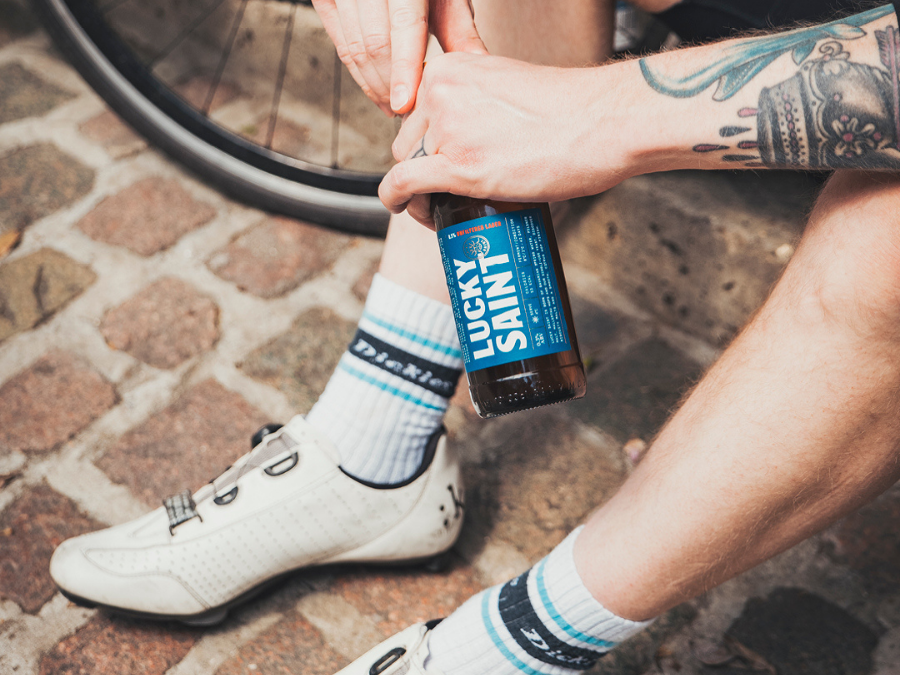
The UK’s Department for Health and Social Care (DHSC) has responded to reports it is planning to allow alcohol-free beers to contain a higher alcohol by volume (ABV) content.
In correspondence with Just Drinks, the DHSC said it was not currently considering proposals to increase the ‘alcohol-free’ descriptor threshold to 1% ABV, nor to increase the ‘low-alcohol’ descriptor threshold from 1.2%.

Discover B2B Marketing That Performs
Combine business intelligence and editorial excellence to reach engaged professionals across 36 leading media platforms.
This contradicts earlier reports suggesting the Government was planning to allow “no-alcohol” products to contain ABV of up to 1% and “low-alcohol” beers to be up to 3% in strength.
Under current legislation, “no-alcohol” beer in the UK must be less than 0.05%, and “low-alcohol” beers can be up to 1.2%.
Responding to the initial report, Laura Willoughby, co-founder of the mindful drinking movement Club Soda, had warned a change to confirm 0.5% as alcohol-free was sensible but warned that raising the limit to 1% could “scare a lot of people” and was not based on science.
“Customers and the alcohol-free drinks makers have always asked for clarity that 0.5% is considered alcohol-free like the rest of the world,” she said. “At the moment, government guidance is confusing. 0.5% and below is a trace element of alcohol naturally occurring in many foods and drinks.

US Tariffs are shifting - will you react or anticipate?
Don’t let policy changes catch you off guard. Stay proactive with real-time data and expert analysis.
By GlobalData“Consumers need clear guidance on the level of alcohol in drinks that will impact them if they are driving, pregnant or avoiding alcohol. The science is clear on 0.5% ABV. Confirming this level as alcohol-free makes sense.”
Her views were echoed by British charity and campaign group Alcohol Change UK, which said that a distinction between products of below 0.1% and those between 0.1-1% was needed “for both religious purposes and for pregnant women”.
The proposals under consideration by the DHSC are thought part of a push to encourage drinkers to switch to low- and no-alcohol alternatives in a bid to reduce their overall alcohol consumption. A white paper is reportedly being readied by the Department but requires sign-off by the new UK Prime Minister, due to take office in September.
Just Drinks presents: The Innovation in Non-Alcoholic Beverages Conference 2022





